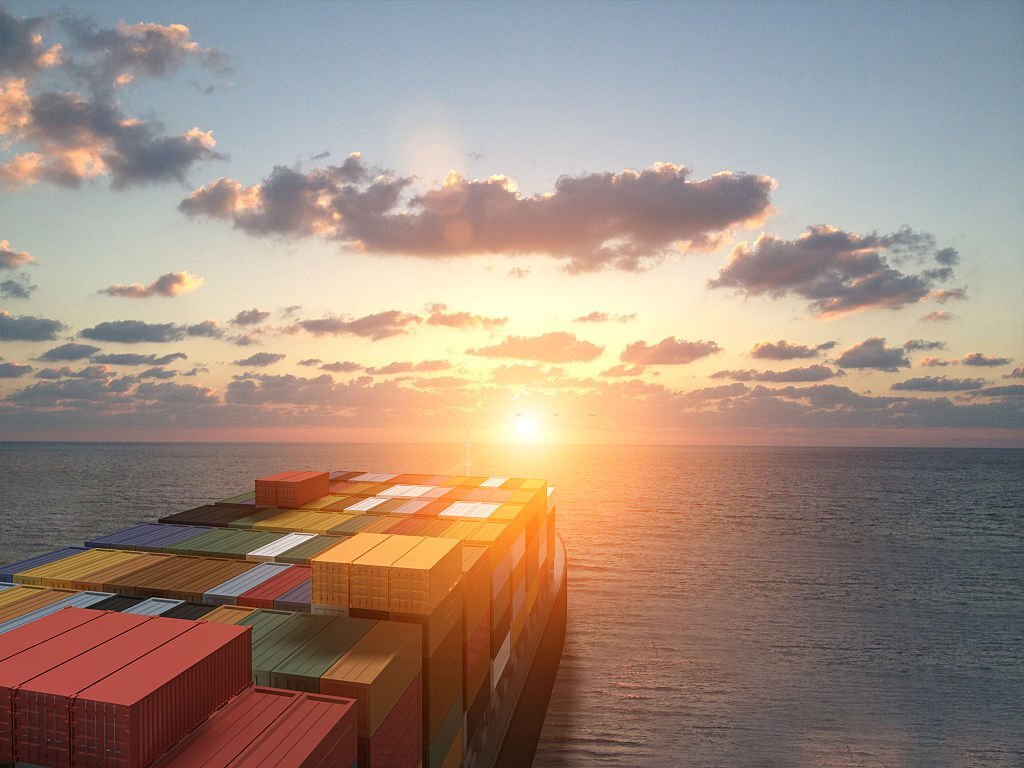Marine Cargo Insurance plays a vital role in protecting goods and shipments during transportation by sea, providing coverage against various risks and potential losses. This article will delve into the underwriting and claims processes of marine cargo insurance, highlighting key factors and challenges in this specialized field.
Contents
- 1 Introduction
- 2 Key Factors in Marine Cargo Insurance
- 3 Benefits and Challenges of Marine Cargo Insurance
- 4 Emerging Trends in Marine Cargo Insurance
- 5 Conclusion
- 6 FAQs
- 6.1 What is the difference between marine cargo insurance and marine hull insurance?
- 6.2 Can marine cargo insurance cover all types of goods?
- 6.3 What are the common causes of cargo losses in marine transportation?
- 6.4 How long does the claims process typically take in marine cargo insurance?
- 6.5 Is marine cargo insurance mandatory for all shipments?
Introduction
Marine Cargo Insurance is a type of insurance that covers goods and merchandise during transit by sea. It provides financial protection against loss, damage, or theft of cargo, ensuring that businesses and individuals involved in international trade can mitigate the risks associated with transporting goods across long distances and through various modes of transportation.
Underwriting Marine Cargo Insurance
Underwriting marine cargo insurance involves assessing and analyzing the risks associated with specific shipments. Insurance underwriters evaluate factors such as the type of cargo, its value, the mode of transport, the route, and the carrier’s track record to determine the level of risk involved.
Based on this assessment, underwriters determine the coverage limits and premiums for the marine cargo insurance policy. The premium charged typically depends on factors such as the value of the cargo, the route’s risk profile, and the insured’s past claims history.
There are different types of marine cargo insurance policies available, including open-cover policies, voyage policies, and annual policies. Each policy type caters to different needs and requirements of the insured parties.
Marine Cargo Insurance Claims
Marine cargo insurance claims arise when goods suffer loss or damage during transit. Common types of cargo losses include theft, physical damage, spoilage, and non-delivery. When a loss occurs, the insured party must promptly notify the insurer and provide the necessary documentation to support the claim.
The claims process typically involves submitting a formal claim form, along with relevant supporting documents, such as shipping documents, invoices, packing lists, and survey reports. The insurer will assess the claim based on the policy terms and conditions and may conduct investigations or appoint surveyors to determine the extent of the loss or damage.
Once the claim is approved, the insurer will provide compensation to the insured party, either through repair or replacement of the damaged goods or through a monetary settlement. The insured party may also have the option to salvage or recover any salvageable goclaimods.
Key Factors in Marine Cargo Insurance
Several key factors influence the underwriting and claim handling processes in marine cargo insurance. Firstly, voyage and transit considerations, such as the distance, route, and means of transportation, impact the level of risk and the premiums charged.
Secondly, risk management and loss prevention measures play a crucial role in reducing the likelihood of cargo losses. Implementing security protocols, proper packaging, and adequate storage conditions can help minimize risks and ensure smoother claims handling.
Thirdly, legal and regulatory aspects, including international conventions and local laws, govern the marine cargo insurance industry. Compliance with these regulations is essential to ensure valid coverage and smooth claims settlement.
Benefits and Challenges of Marine Cargo Insurance
Marine cargo insurance offers several benefits to businesses and individuals involved in international trade. It provides protection against financial loss in the event of cargo damage, theft, or loss during transit. This coverage gives peace of mind to exporters, importers, and shipping companies, enabling them to focus on their core business activities.
Additionally, marine cargo insurance facilitates global trade by reducing the financial risks associated with transporting goods across long distances and through multiple jurisdictions. It helps to secure financing for trade transactions, as lenders often require proof of insurance.
However, there are challenges in underwriting and claims handling in the marine cargo insurance industry. Assessing and pricing risks accurately can be complex, as there are various factors involved, such as the nature of the cargo, the shipping route, and potential external risks, such as political instability or adverse weather conditions. Claims handling requires expertise and efficient coordination among insurers, insured parties, surveyors, and other stakeholders to ensure timely and fair settlements.
Emerging Trends in Marine Cargo Insurance
The marine cargo insurance industry is evolving to adapt to changing trends and emerging risks.
Technology advancements and automation are streamlining the underwriting and claims processes, enabling faster and more accurate assessments and settlements.
Cyber risks are also a growing concern in the marine insurance sector. As digitalization increases, the potential for cyber-attacks on shipping and logistics systems poses new challenges for cargo insurers. Data protection and cybersecurity measures are becoming essential considerations in marine cargo insurance.
Furthermore, sustainability and green initiatives are gaining traction in the marine insurance industry. Insurers are exploring ways to promote environmentally friendly practices in shipping and transportation, such as incentivizing lower emissions and supporting sustainable supply chains.
read on
Risk management in supply chain
Conclusion
Marine Cargo Insurance is a crucial component of international trade, providing protection against various risks associated with transporting goods by sea. The underwriting process involves assessing risks and determining coverage, while the claims process addresses loss or damage to cargo during transit. Despite challenges, marine cargo insurance offers significant benefits to businesses and individuals involved in global commerce, ensuring financial security and facilitating trade.
FAQs
What is the difference between marine cargo insurance and marine hull insurance?
Marine cargo insurance specifically covers the goods or cargo being transported, providing financial protection against loss, damage, or theft. On the other hand, marine hull insurance covers the vessel itself, including its hull, machinery, and equipment, providing coverage for physical damage, liability, and other related risks.
Can marine cargo insurance cover all types of goods?
In general, marine cargo insurance can cover a wide range of goods, including raw materials, finished products, machinery, and equipment. However, there may be exclusions or limitations for certain types of goods that are considered high-risk or prohibited by law.
What are the common causes of cargo losses in marine transportation?
Common causes of cargo losses include theft, poor packaging, inadequate stowage, rough weather conditions, accidents during loading and unloading, and errors in documentation or handling.
How long does the claims process typically take in marine cargo insurance?
The duration of the claims process in marine cargo insurance can vary depending on factors such as the complexity of the claim, the availability of required documentation, and the cooperation between the involved parties. Generally, insurers strive to settle claims promptly and efficiently.
Is marine cargo insurance mandatory for all shipments?
The requirement for marine cargo insurance varies depending on the nature of the goods, the trade terms (Incoterms) agreed upon between the buyer and seller, and the legal or contractual obligations of the parties involved. While marine cargo insurance is not always mandatory, it is highly recommended to protect against potential losses and risks during transit.
[wpforms id=”1678″ title=”true” description=”true”]
We have a firm belief that every organization has a unique purpose only they can fulfil in this world. We work with you in organizing your resources to exploit opportunities so that you can fulfil your purpose and realize full potential. We build the capacity of people, processes and systems for organizational success and growth as well as nurturing a thriving ecosystem.
Ready to enhance your skills and boost your career? Explore our corporate training programs now and start your journey to success.








Comment here